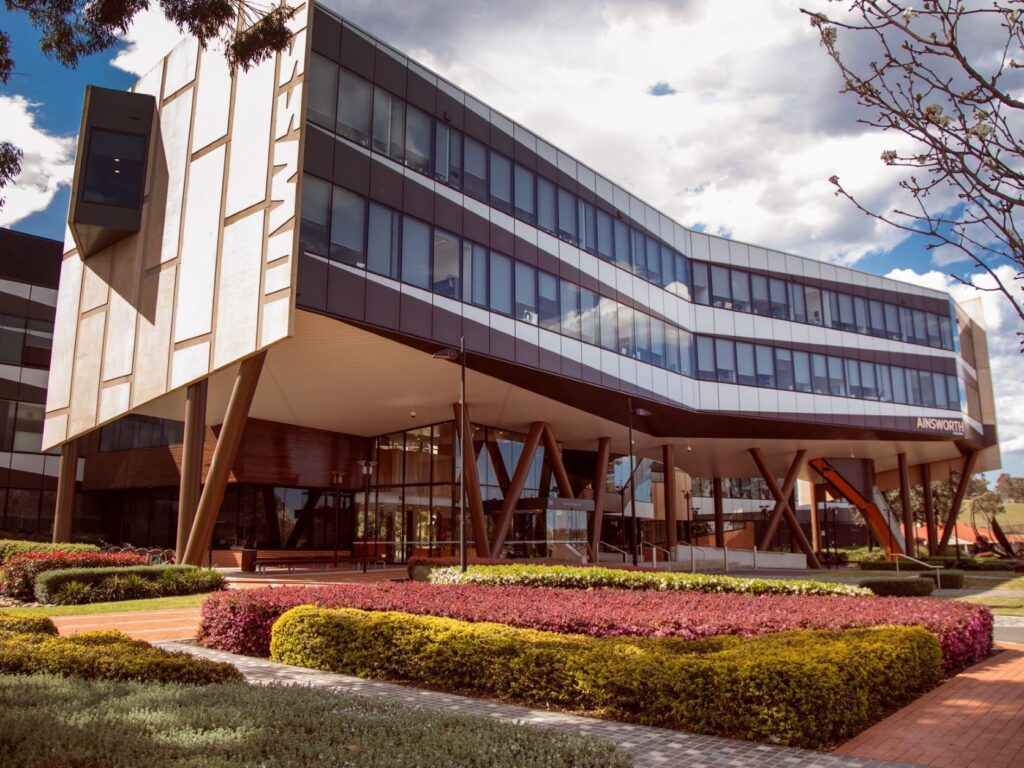
Western Sydney University has been named number one in the world for its social, ecological and economic impact.
In the latest Times Higher Education impact rankings, WSU placed first overall worldwide and first in Australia.
The Times rankings, now in their fourth year, assess universities on their commitment to the United Nations’ Sustainable Development Goals (SDGs). The rankings are based on universities’ teaching, research, outreach and stewardship.
The WSU’s work was recognised across the following categories:
1st worldwide for SDG6: Clean Water and Sanitation;
2nd worldwide for SDG12: Responsible Consumption and Production;
3rd worldwide for SDG5: Gender Equality;
4th worldwide for SDG10: Reduced Inequalities;
5th worldwide for SDG17: Partnership for the Goals;
9th worldwide for SDG14: Life below Water;
10th worldwide for SDG15: Life on Land;
15th worldwide for SDG3: Good Health and Wellbeing;
15th worldwide for SDG11: Sustainable Cities and Communities.
Vice-Chancellor and president, Professor Barney Glover, said WSU was committed to tackling society’s grand challenges and supporting a more just and equitable world.
“It is an immensely proud moment in the university’s history to see our sector-leading efforts to drive important social transformation recognised,” he said.
“As an anchor institution we are embedded in the economic, cultural and social life of Greater Western Sydney – a region experiencing first-hand many of the sustainability and resilience challenges of the 21st century, including rapid urban growth, urban heat and entrenched inequalities.
“Beyond the region, many of our world-leading education and research programs and collaborative international partnerships are also making significant impact to reducing inequality and addressing issues like food and water security around the world.
“Social justice, inclusive education, addressing inequality, environmental stewardship and resilience – these are all core to our mission.
“We are committed to delivering action in all these areas and fostering the next generation of thought leaders and civic minded citizens who can solve these complex challenges.”

Also contributing to the ranking success is the university’s sustainability and resilience 2030 strategy, which sets out an ambitious roadmap to address climate adaptation and mitigation, and social inequality.
Its sustainable energy plan sets bold targets for its campus operations to have 100 per cent renewable energy by 2025 and to be carbon neutral by 2030.
The university has fast tracked these targets into action, with electricity supply across all its campuses now 100 percent Green Power accredited – four years ahead of target.
